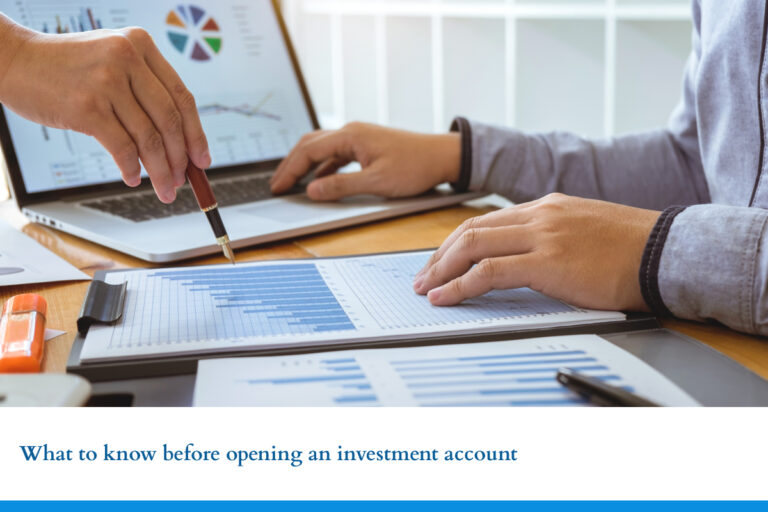Submiting your annual tax return is an unavoidable part of life, with T4 slips due any day now, it is time to get filing! While some Canadians are lucky enough not to owe any taxes or get a large return, this certainly isn’t the case for everyone. With tax laws and CRA regulations constantly changing, many people will find themselves with an unpleasant surprise at the end of the tax year at least once.
In this comprehensive guide, we’ll delve into the practical steps you can take if you find yourself facing a substantial amount due to the CRA after submitting your tax return.
Understanding the Situation
A hefty tax bill can send anyone into a financial tailspin. Before diving into solutions, it’s crucial to understand why your tax bill might be higher than anticipated. Common reasons include additional income sources, changes in deductions, tax on interest income, or shifts in tax laws. Pinpointing the cause can empower you to make informed decisions about how to handle the situation.
Depending on the complexity of your situation, it may be easier to consult with a tax professional, they will be able to tell you what is causing a high payment and pinpoint ways to limit your amount owing next year.
Maintain Composure and Avoid Procrastination
The first rule of dealing with a significant tax bill: don’t panic. While it’s natural to feel a bit stressed, panicking won’t make the situation any better. Take a deep breath, acknowledge the challenge, and commit to addressing it. Procrastination, on the other hand, only limits your options. The sooner you confront the issue, the more room you have for effective problem-solving.
Review Your Return with a Fine-Tooth Comb
Carefully scrutinize your tax return for any potential errors or overlooked opportunities. Check for missed deductions, credits, or any inaccuracies in the reported figures.
If navigating the tax code feels like traversing a labyrinth, consider enlisting the help of a tax professional. Their knowledge can unveil hidden opportunities to optimize your return. Without tax expertise, it’s possible you may have missed a way to limit your amount owing.
Explore Payment Options on the CRA Website
The Canada Revenue Agency (CRA) understands that unexpected tax bills can be a financial strain. They offer various payment options, and it’s crucial to explore each one. You can make payments directly on the CRA website using their secure online portal. Consider setting up a pre-authorized debit or using the My Payment feature to make a payment directly from your bank account.
If the lump sum payment feels unmanageable, you may want to consider a structured payment plant. This arrangement allows you to pay off your tax debt in manageable installments, spreading the financial burden over several months. Keep in mind that interest will accrue on the outstanding balance until it’s paid in full. A trusted accountant can help determine if this is a good option for you, and help with CRA communication.
Reevaluate Your Budget and Prioritize Payments
Temporarily adjust your budget to accommodate the tax payment. Identify discretionary expenses that can be reduced or temporarily eliminated. Prioritize essential payments to the CRA. If it is possible, talk to your employer about increasing the amount of money you pay to the CRA on each paycheck.
Seek Guidance from Financial Professionals
If the complexity of your tax situation feels overwhelming, seeking guidance from financial professionals is a wise move. A tax professional can provide personalized advice based on your unique financial circumstances. They may uncover additional strategies to minimize your tax liability or provide insights into more effective ways to manage the situation.
Plan Strategically for the Future
Use this experience as a valuable lesson for future tax planning. Consider adjusting your withholdings or making estimated tax payments throughout the year to avoid a significant balance due at tax time. Strategic planning can help prevent similar situations in the future, providing a more predictable and manageable tax liability.
Leverage Government Support Programs
In certain situations, you may be eligible for government support programs that can provide financial assistance. Explore available options, such as tax relief programs or grants, that could ease your financial burden. Government agencies often have provisions in place to support individuals facing unexpected financial challenges. An experienced accountant can help you navigate programs and weigh the pros and cons of each option.
Turning Challenges into Opportunities
While a sizable tax bill can be a daunting obstacle, it can also be an opportunity for financial growth and resilience. By approaching the situation with a clear plan and seeking professional advice when needed, you can navigate through these challenges and emerge with a stronger financial foundation. Remember, you’re not alone in facing unexpected tax liabilities, and there are various options and resources available to help you manage and overcome these financial hurdles.
At MMT, we’re always happy to help current and new clients to manage unexpected tax payments. We’ll help you navigate the complexities of tax season and create a plan to help you through the 2023 tax year and set you on course for the 2024 tax year. If you owe tax, you aren’t alone, an MMT chartered professional accountant is here to help.





